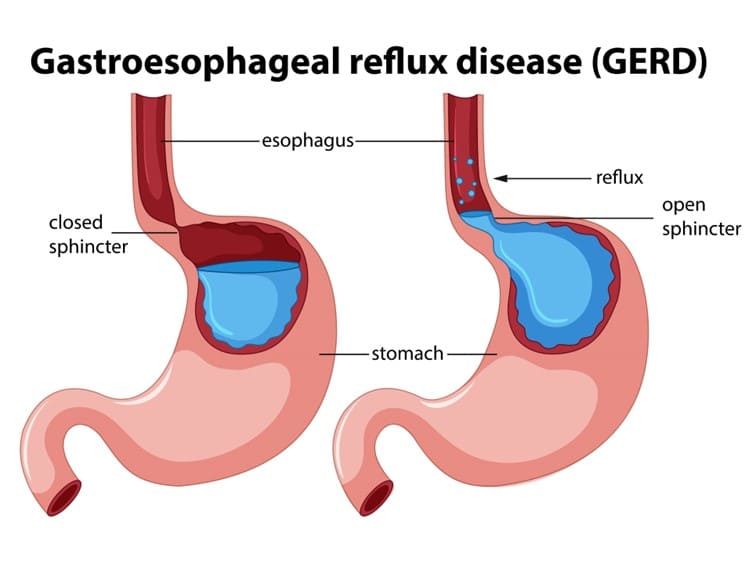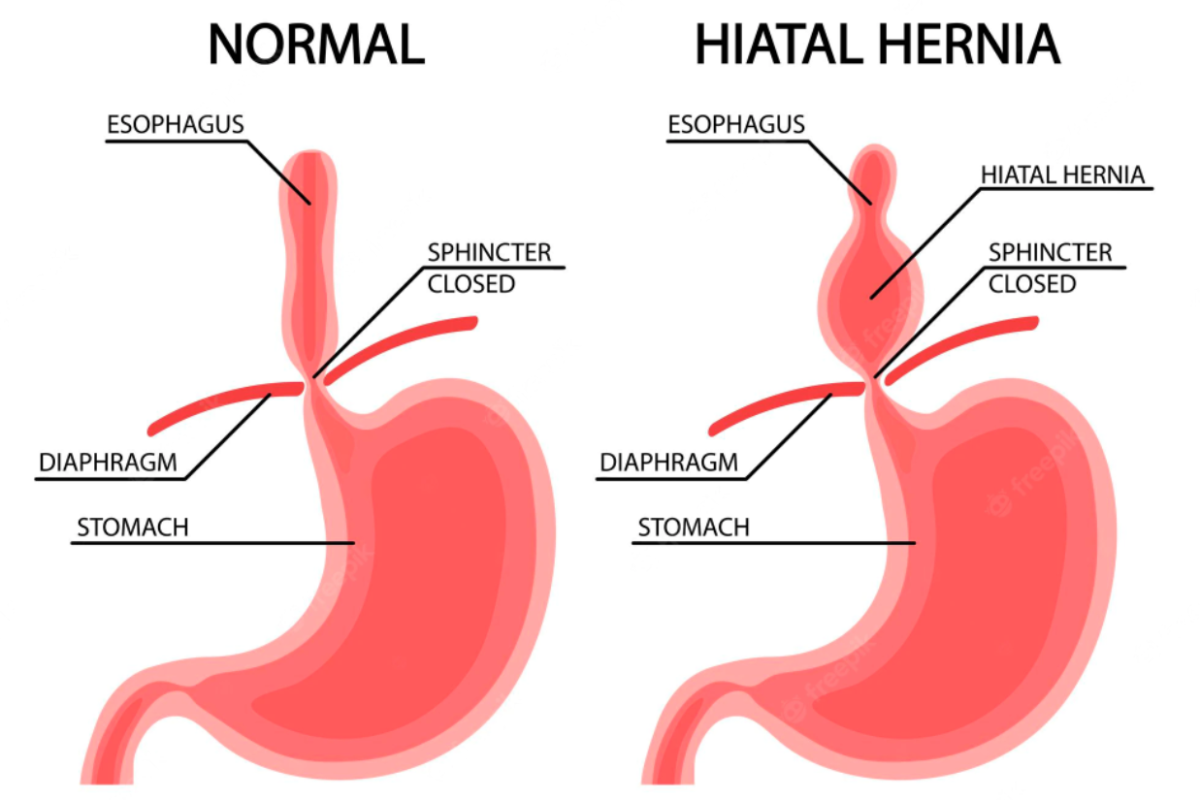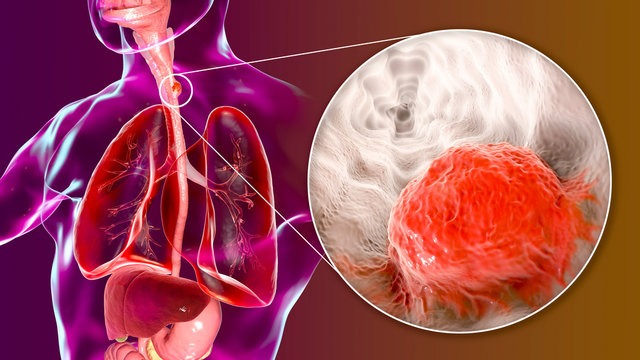The diaphragm separates the chest from the abdomen. It is a thin sheet of muscles or a muscular barrier between the chest and abdominal cavities. During the development of the fetus inside the womb, a hole is present in the diaphragm due to a gap formation during the development of the fetus. The stomach, bowel, and even liver move up into the chest cavity through this hole. This condition is known as a congenital diaphragmatic hernia (CDH). The space for the lungs reduces due to the presence of abdominal organs in the chest. This may lead to breathing problems and respiratory complications. The lungs of the growing baby grow in a restricted and compressed environment due to CDH. Therefore, a baby’s lungs do not develop normally until the birth of the baby.
What are the complications of pulmonary hypoplasia?
A congenital diaphragmatic hernia may lead to pulmonary hypoplasia – a type of underdeveloped lungs condition. In this condition, the baby may have abnormalities that impact the number of alveoli (air sacs) available; and pulmonary hypertension. The fetus may not suffer from low oxygen levels (hypoxemia) while growing in the womb as the placenta takes over all the functions of the lungs. However, immediately after birth, the baby depends on the lungs for oxygen. If the lungs are underdeveloped, then the baby requires artificial ventilation techniques. CDH can develop on right, left, or both sides of the diaphragm (chest). It occurs in around 1 in every 2500 live births.
How is CDH Detected?
A routine ultrasound during pregnancy may reveal excess abdominal contents in the fetal chest cavity. Experienced gynecologists recommend a detailed ultrasound and fetal chromosome testing and also measure the lung size of the fetus. The other tests include CT scan, MRI, and arterial blood gas test. Based on the findings of these tests, CDH is detected.
Gynecologists measure and compare the lung size of the fetus to the expected size at this stage of pregnancy. They also measure lung area to head circumference ratio (LHR) and then compare the observed and expected LHR. They also determine whether the liver has also moved into the chest. Based on these findings, they grade congenital diaphragmatic hernia as mild, moderate, or severe.
After Birth
A physical examination after birth may reveal the following abnormalities:
- One side of the chest lacks breath sounds
- Cyanosis – The skin of the baby turns blue
- Breathing difficulty
- Abnormal chest movements
- Bowels sound in the chest
- A half-empty feeling in the abdomen.
CDH Treatment
After delivery, gastroenterologists perform surgery on a baby with CDH to close the defect. Congenital diaphragmatic hernia treatment is an emergency situation. It typically requires surgery. Surgical gastroenterologists perform surgery within 48 to 72 hours after delivery. The main objective of the surgery is to remove abdominal organs from the chest and place them back into the abdomen. The surgical gastroenterologist who specializes in performing hernia repair surgery repairs the diaphragm as well.
In emergency situations, surgery is performed earlier. Surgery may be delayed in some cases though. Prior to performing surgery doctors stabilize the baby and increase her oxygen levels.





